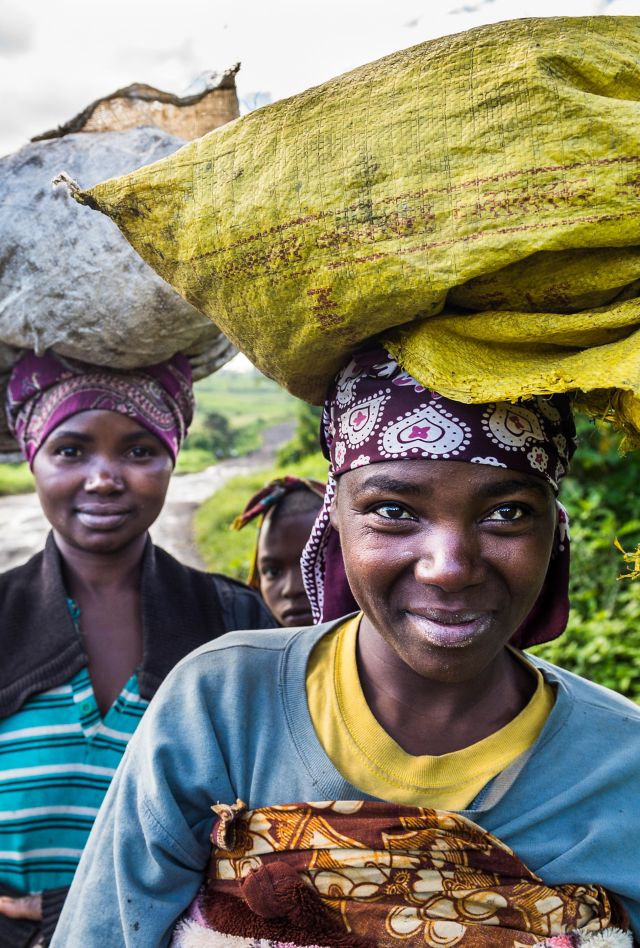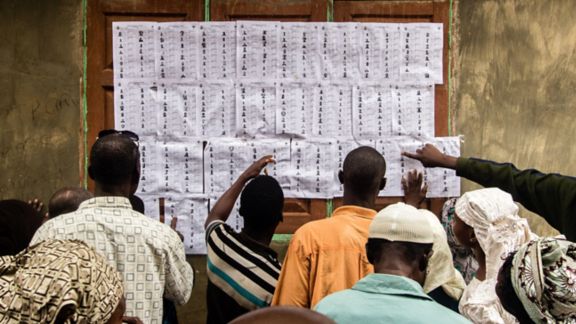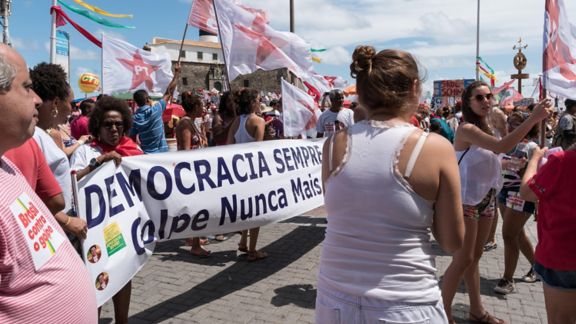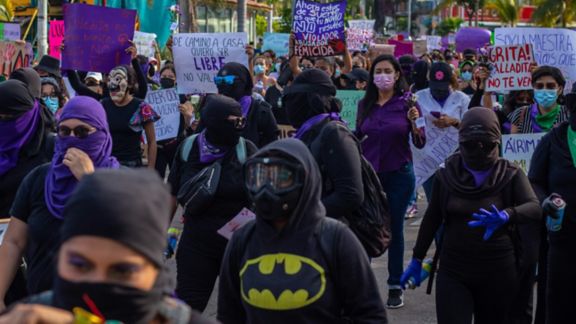Sexual Violence Prevention in Democratic Republic of Congo

The U.S. Agency for International Development (USAID) asked NORC at the University of Chicago to design and budget for an impact evaluation of interventions to prevent and address sexual violence in conflict areas, specifically USAID’s counter sexual violence program in the Democratic Republic of the Congo that is a part of the Country Development Cooperation Strategy (CDCS). The assessment was part of USAID’s Democracy Human Rights and Governance: Learning, Evaluation, and Research (DRG-LER) activity.
The overall aim of the multi-year USAID program is to prevent and address sexual violence. NORC’s evaluation focused on programming that seeks to reduce the incidence of intimate-partner domestic violence specifically. The impact evaluation design was based on the preliminary design concepts developed at the 2017 DRG IE Clinic.
The evaluation assessed the impact of community-based trauma healing (CBTH) interventions at the village level as a strategy to address sexual violence and intimate-partner domestic violence, particularly in a post-conflict context. The evaluation also assessed whether and how CBTH affects the uptake of health area-level services for survivors of sexual violence.
The CBTH intervention took three forms:
- Small group sessions (20-25 participants, ~50 percent women and 40 percent youth under 35) held monthly in each treatment village.
- Community-led celebrations held quarterly in each health area that integrate the issues of sexual violence and conflicts in a subtle way, focusing instead on enjoyment and community cohesion.
- De-traumatization participatory theater events held quarterly in each treatment village that blend fun with opportunities to learn, understand, and contribute to the solution on serious matters.
The evaluation focused on three health zones in the eastern Democratic Republic of the Congo, which are subdivided into a total of 40 health areas. Evaluators selected 160 village clusters (4 per health area), and randomly assigned them to treatment or control groups. Each group was therefore comprised of 80 village clusters. The village cluster was selected as the unit of intervention due to the expectation of spillovers to nearby villages and of activities drawing participants from neighboring villages. Data was collected through a household survey, a community-level survey (with a village chief or other leader) and from the project implementers at the service delivery points.
Baseline data collection occurred in 2018. Endline data collection occurred in 2020. Among our findings:
- Non-partner sexual violence decreased by 50 percent (from 5 percent to just under 2.6 percent) in treatment compared to control villages over the course of the IE.
- Self-efficacy and community resilience significantly improved in CBTH treatment villages compared to control.
- Mental health outcomes moved in the right direction for individuals in treatment villages but did not reach significance.
Related Tags
Project Leads
-
Alexandre Monnard
Senior Research ScientistProject Manager -
Brian Kirchhoff
Senior Research DirectorSurvey Director








